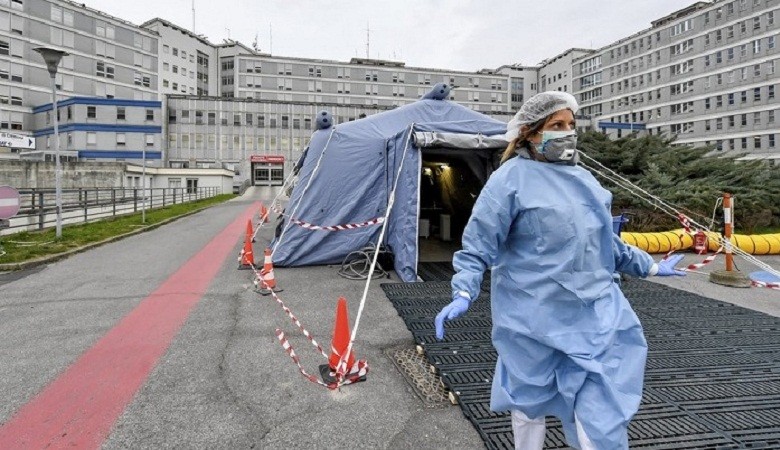
Italy on Thursday approved 40 billion euros equivalent to USD 48.8 billion of new economic stimulus and Prime Minister Mario Draghi said that with the coronavirus crisis easing he hoped no more would be needed.
The extra spending, which funds tax relief and grants to businesses, was already factored in to the government’s public finance targets in April and will drive the budget deficit to 11.8% of national output this year, from 9.5% in 2020.
The new relief measures included 17 billion euros of financial aid to companies, and 9 billion euros for business credit support, Prime Minister Mario Draghi announced on Thursday. Another 4 billion euros will be destined to the labour market, with various measures to support the most vulnerable workers and unemployed people. In addition, the package will also extend financial support to 370,000 more self-employed workers, said Draghi.
However, the Prime Minister warned that the country will not reach a "sustained growth" until the National Recovery and Resilience Plan (PNRR), mostly funded through the European Union (EU) recovery program, starts being implemented. He said that the ongoing coronavirus vaccination plan was a main driver behind the moderate optimism.
More than 29 million doses of vaccines had been administered across the country and 9.3 million people had been fully immunised as of Thursday, official figures showed.
"The success of the Covid-19 vaccination plan is allowing us to carry on with the reopening under what we call a 'calculated risk' and, if we defeat the pandemic, the country is going to go back to growth," Draghi said.
European Union signs the third contract with BioNTech-Pfizer for 1.8 bn vaccine doses
Canadian Experts studying effectiveness, safety of COVID vaccines during pregnancy
Turkey introduces 'safe tourism' concept amid COVID-19 pandemic